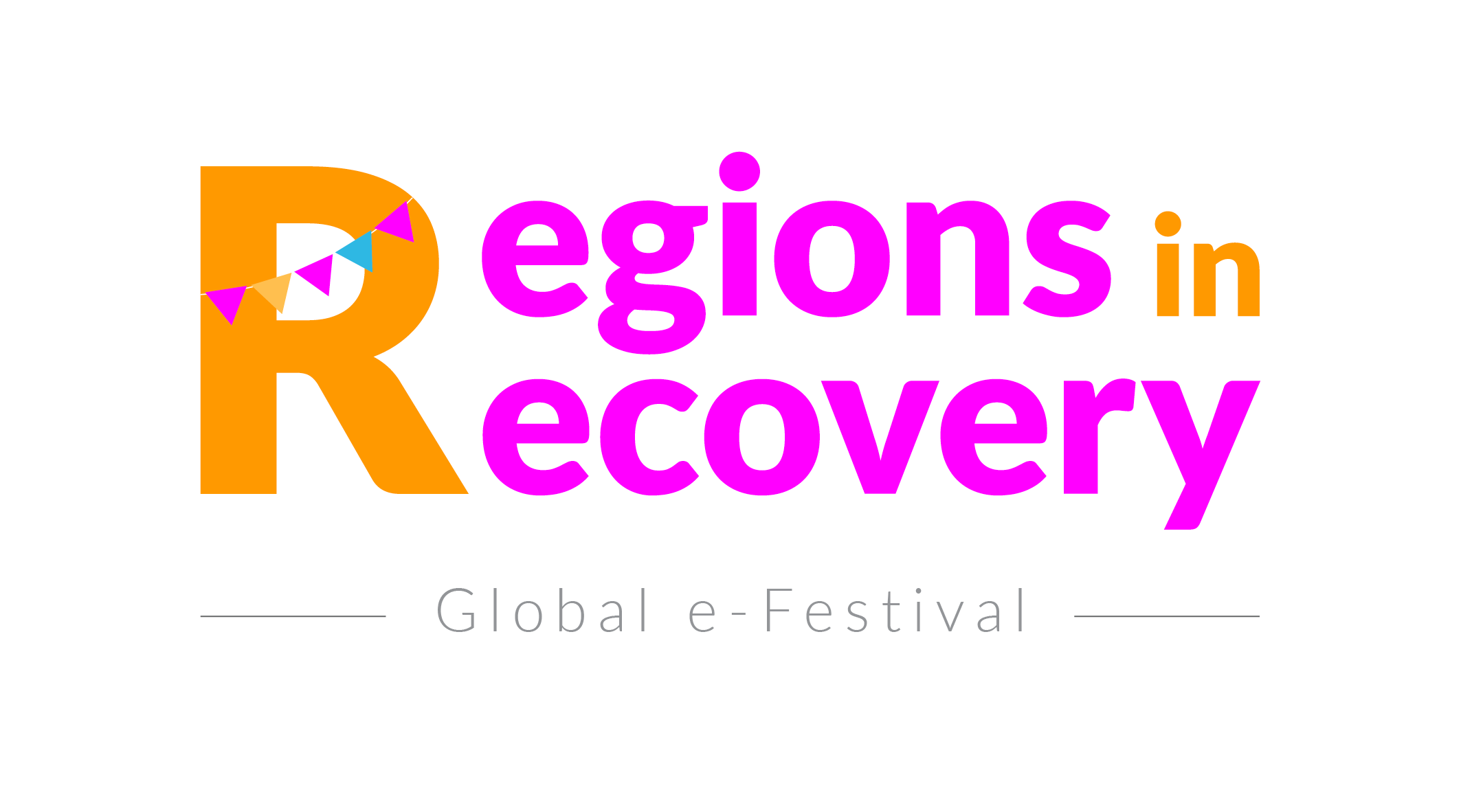Regions in Recovery Festival. Takeaways for Citizenship and Democracy by Dr. Silvia Gugu
Democracy in times of pandemics has proved a tough balancing act for politicians and citizens alike. From exposing the vulnerability of those left behind to attacks on free speech, from data privacy and artificial intelligence dangers to the perils of corruption and fake news, the pandemic opened Pandora’s box of magnifying concerns for democracy.
Addressing these challenges could not have been ignored in the agenda of a week-long celebration of research that aimed to guide the re-emergence of regions and cities from the pandemic: the RSA’s Regions in Recovery Festival offered relevant venues for charting the way forward. Examining the loci of political discontent was the most prominent course, followed by a scrutiny of alternative development models and policy responses, and even by lessons for political organization and territorial governance.
Articulated across multiple sessions, the grievances of places neglected by urban and regional development theory and policy were featured prominently. Several sessions documented their overlap with recent hotbeds of political contention and populism support (e.g. “Rethinking Economic and Social Development in ‘Left Behind Places’ ” led by Danny Mackinnon of CURDS, Newcastle University, UK, Vincent Beal of University of Strasburg, France, and Tim Leibert, Leibniz Institute for Regional Geography, Germany; the AESOP’s session“ ‘Forgotten’, ‘Left Behind’ and Peripheral Territories: Comparing Debates and Policies”; or the RSAI’s session “ Geographies of discontent”).
The session “City-regional Futures in the Post-pandemic Era” mapped site-specific attempts to respond to localized discontent through better policy representation by emphasizing social infrastructure, inclusion, well-being, and de-growth. It also included critical reexaminations of existing models of development. The debate was organized by Dave Valler of Oxford Brookes University, UK, Andy Jonas of University of Hull, UK, and Yi Li of Hohai University, China.
Finally, the closing plenary, with John Agnew of UCLA, chaired by Virginie Mamadouh, University of Amsterdam, The Netherlands, called for renewed attention to the balance between centralization and decentralization in managing policy challenges, in the light of the weak response of the US government to the crisis.
To support these reforms, researchers are called to better define the fuzzy concepts surrounding spatial inequality and to critically re-examine existing governance forms and policy approaches in the light of spatial justice. By working towards a better policy representation of left-behind people and places, we can build better democracies.
About the author
Dr. Silvia Gugu is a political scientist with a focus on urban governance and citizenship. She is currently researching how data empowers local administrations to respond and rebuild in post-conflict situations.



